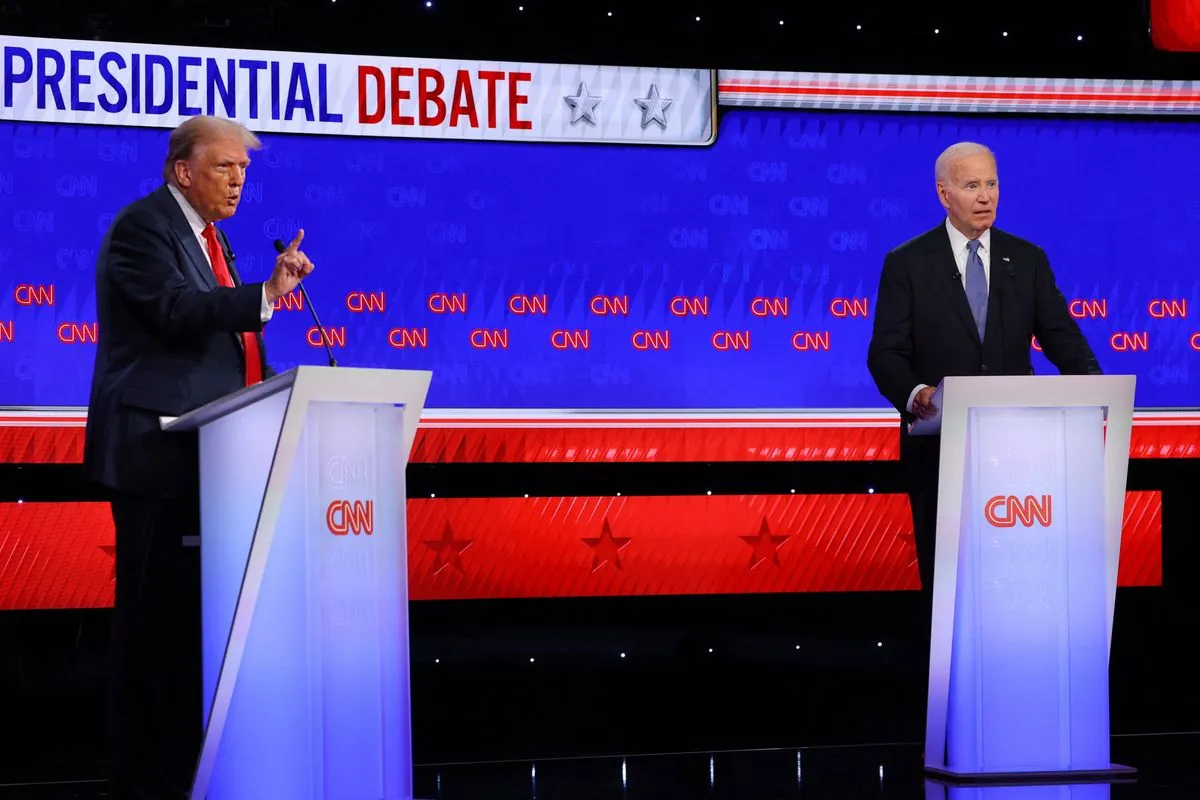Foreign Policy's Impact on U.S. Elections: Voter Concerns and Campaign Strategies
As the U.S. presidential race heats up, foreign policy issues, particularly the Gaza conflict, are influencing voter sentiment. Meanwhile, the Biden administration faces criticism for delayed Ukraine strategy and nuclear doctrine updates.

As the United States approaches its presidential election, foreign policy issues are playing a significant role in shaping voter sentiment and campaign strategies. While traditionally not a top concern for American voters, international affairs are increasingly influencing the political landscape.
A recent Gallup poll revealed that only one-third of Americans are satisfied with the country's global position. This dissatisfaction is reflected in voters' priorities, with China being identified as the nation's primary adversary. Interestingly, voters appear more concerned about cyber threats, nuclear proliferation, and terrorism than potential conflicts with major powers like China or Russia.
The ongoing conflict in Gaza has become a particularly contentious issue, especially for the Democratic campaign. Pro-Palestine protesters have been vocal in their opposition to U.S. support for Israel, potentially impacting key swing states like Michigan, which has the highest Arab American population in the country. Kamala Harris, now leading the Democratic ticket, has yet to articulate her foreign policy positions clearly, leaving some voters uncertain.

In Michigan's Democratic primary, over 100,000 voters chose "uncommitted" as a protest against the administration's Israel policy. This trend could persist in the general election, potentially affecting the outcome in crucial swing states.
"Nationally, the candidates' stances on foreign policy may matter in indirect but significant ways. Their stance on Gaza and Israel in particular will be seen as a measure of both character and competence by constituents who pay attention and turn out to vote."
The Biden administration is facing criticism for its delayed Ukraine strategy. Congress mandated a written strategy as part of a $61 billion military aid package in April, but it remains undelivered two months past the deadline. This has led to frustration among lawmakers, with some arguing that the lack of a clear strategy prolongs the conflict and signals weakness to adversaries.
In other developments, the administration has updated its classified nuclear plans to address China's growing arsenal. This revision to the Nuclear Employment Guidance, which occurs every four years, marks a shift from previous strategies that primarily focused on Russia.
Several personnel changes have been announced in various organizations:
- Mike Gallagher, former Republican representative, joins Palantir Technologies
- Anniken Krutnes, Norway's ambassador to the U.S., is departing
- Richard Nephew moves to the Washington Institute for Near East Policy
As the election approaches, candidates will need to navigate complex foreign policy issues while addressing domestic concerns. The interplay between international events and voter sentiment will likely continue to shape the political landscape in the coming months.


































